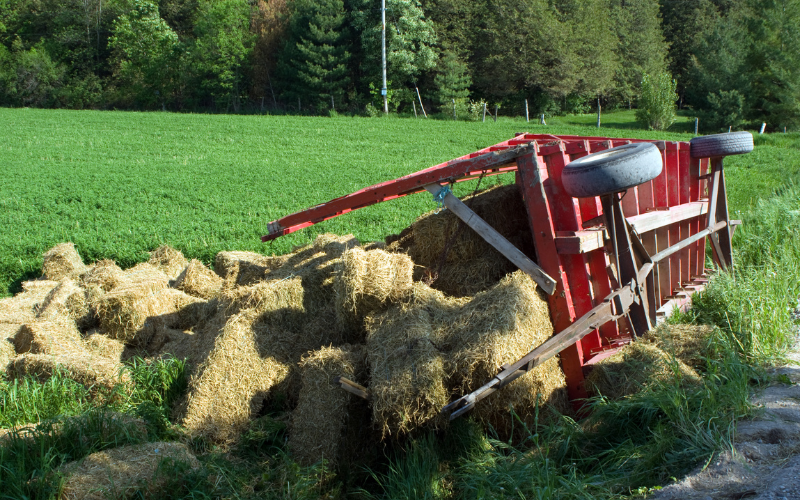
The vast plains and fertile fields of Springfield, Missouri, are a testament to the hard work and dedication of its agricultural community. However, farming also carries inherent risks, with farm equipment accidents being a leading cause of injuries and fatalities. While contributing factors often involve operator error or unforeseen circumstances, there are situations where defective equipment plays a role, leading to questions of product liability. This blog post delves into the complexities of product liability in farm equipment accidents. Also, we’ll explore the legal landscape, potential claims, and crucial considerations for navigating this challenging terrain.
Understanding Product Liability
Product liability is a legal concept that holds manufacturers, distributors, and retailers accountable for injuries or damages caused by defective products. To establish a product liability and farm equipment claim in Springfield, Missouri, an injured party must demonstrate three key elements:
- Defect: The product must have a defect that existed at the time it left the manufacturer’s control, rendering it unreasonably dangerous. This defect can be a design flaw, a manufacturing error, or a failure to warn about potential dangers.
- Causation: The defect in the product must be the proximate cause of the injury or damage. This means that the defect must have played a substantial role in bringing about the harm.
- Damages: The injured party must have suffered actual damages, such as medical expenses, lost wages, and pain and suffering.
Types of Product Liability Claims in Farm Equipment Accidents
In farm equipment accidents, product liability claims can fall under several categories:
- Design Defect: This claim alleges that the inherent design of the equipment creates an unreasonable risk of harm, even when used correctly. For example, a tractor lacking adequate rollover protection could lead to a design defect claim. This happens only if the operator suffers severe injuries in a rollover incident.
- Manufacturing Defect: This claim contends that the specific equipment in question deviated from the intended design due to errors during the manufacturing process. As a result, it causes a safety hazard. An example could be a faulty braking system installed on a farm vehicle, leading to a collision.
- Failure to Warn: This claim argues that the manufacturer or seller failed to provide adequate warnings or instructions. This is regarding the safe use and potential dangers of the equipment. Also, it could involve missing or unclear safety labels, inadequate operator manuals, or neglecting to warn about known risks associated with the equipment.
Seeking Legal Assistance
If you’ve been involved in a farm equipment accident and suspect the equipment may have been defective, it is crucial to seek legal counsel from an experienced personal injury attorney. They can help you:
- Investigate the accident: Your attorney will thoroughly investigate the accident, analyzing the equipment involved, gathering evidence, and potentially involving expert witnesses.
- Evaluate your claim: Based on the investigation and their legal expertise, your attorney will assess the viability of your product liability claim. Also, they will advise you on the best course of action.
- Navigate the legal process: If you decide to pursue a claim, your attorney will handle all legal aspects. This includes filing paperwork, negotiating with insurance companies, and representing you in court.
Farm equipment accidents can have devastating consequences, both physically and financially. Understanding product liability and your legal options is crucial for individuals who suspect their injuries stem from defective equipment. By seeking the guidance of a qualified attorney, you can pursue appropriate compensation for your damages. Also, you can hold the parties responsible for the defective product accountable.

